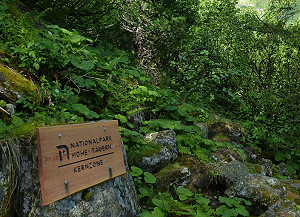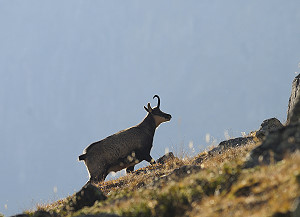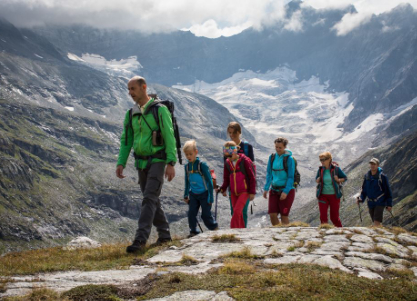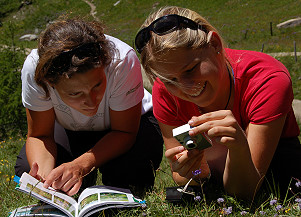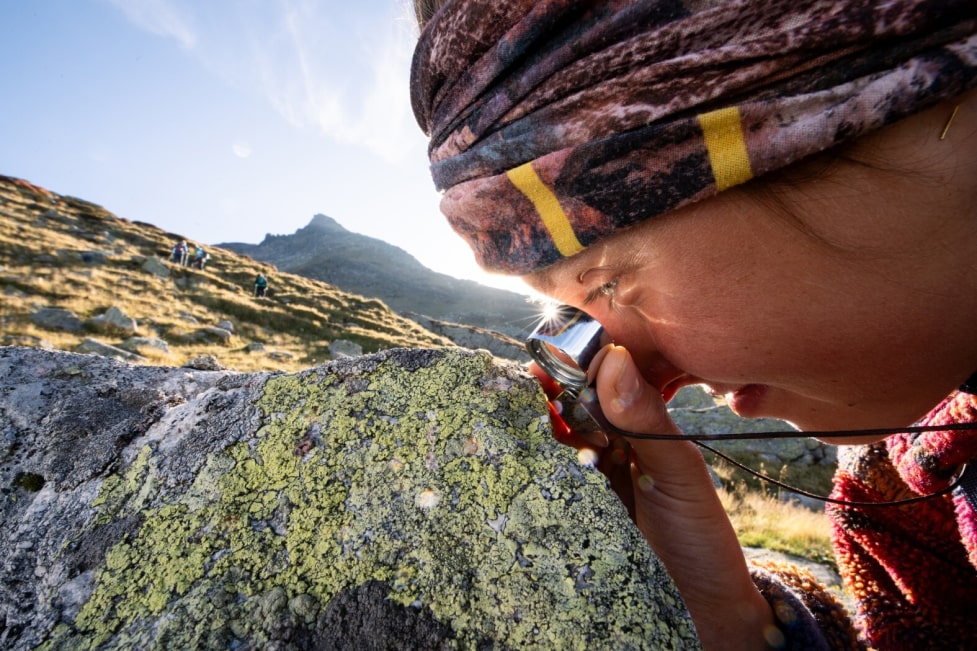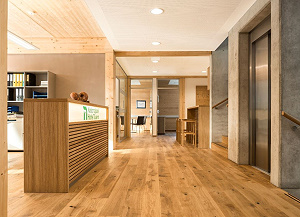LTER Site NPHT
international
Since 2018, the Hohe Tauern National Park has been an active member of LTER-Austria, the Austrian Society for Ecological Long-Term Research. LTER makes a significant contribution to better understanding ecosystems and gaining insights into their long-term responses to environmental influences and so-called social and economic "drivers."
What do we want to achieve
Research in the Hohe Tauern National Park is not an end in itself. All activities are embedded in the research mission of Nationalparks Austria and correspond with the current research concept for the protected area. Read more here…
RESEARCH CONCEPT RESEARCH MISSION FROM NATIONALPARKS AUSTRIA
The council of experts
In order to have a valuable outside perspective of all research activities, the Hohe Tauern National Park set up a scientific council (Wissenschaftlicher Beirat) in 2011. Representatives from a variety of scientific disciplines advise the national park about formulating and further developing its research strategy, about quality assurance and maintaining contact with national and international research institutions.





